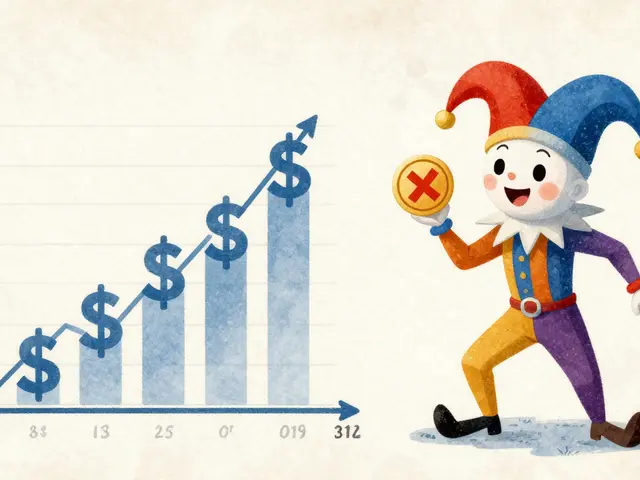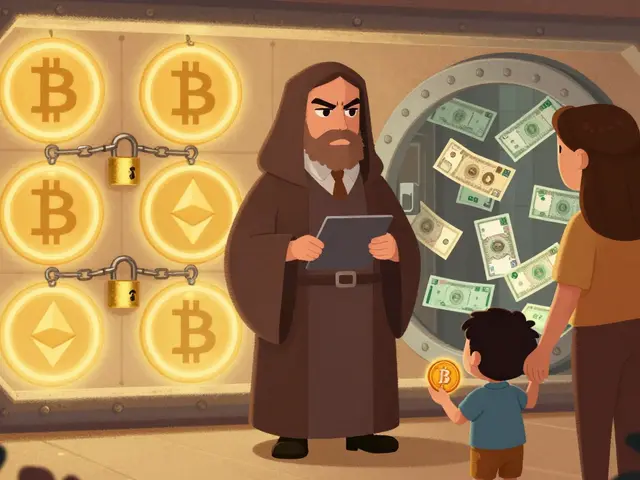Royalty Enforcement in Crypto
When dealing with royalty enforcement, the practice of guaranteeing creators earn a cut from each secondary transaction of their digital assets. Also called royalty compliance, it depends heavily on smart contract enforcement, code that automatically triggers payments and the rules set by regulatory penalties, fines that compel platforms to honor royalty terms. The most visible example is NFT royalties, a built‑in percentage taken from every resale on NFT marketplaces, which ties the tech and legal sides together.
Why does royalty enforcement matter now? 2025 saw a surge of sanctions‑driven crypto adoption in regions like Iran and Venezuela, and with more money moving across borders, governments are cracking down on any loophole that lets creators miss out on earnings. Posts such as the "Crypto FBAR Penalties" guide show that ignoring compliance can cost you six‑figure fines, while the "How US Crypto Laws Evolved" article explains new acts that explicitly mention royalty‑related disputes. On the platform side, marketplaces are rolling out zero‑knowledge proof verification to prove royalty splits without exposing user data, a trend highlighted in the NFT verification guide. For developers, the key is to embed clear royalty clauses into the token contract, use standardized royalty interfaces like ERC‑2981, and monitor on‑chain data with tools that flag missed payments. If a platform fails to enforce these rules, regulators can levy penalties, suspend services, or require retroactive payouts – a risk that any creator or investor should weigh.
Beyond the legal angle, practical steps are equally important. Start by auditing your existing contracts: confirm the royalty percentage, the recipient address, and the fallback logic if the primary payee changes. Next, choose a marketplace that supports transparent royalty reporting; many now publish on‑chain dashboards that let you track each resale fee in real time. Finally, stay informed about jurisdiction‑specific rules – for example, Cyprus banking restrictions or Egyptian transaction monitoring can affect how royalties are taxed or reported. The articles in this collection walk you through each of these topics, from airdrop safety to tax penalties, giving you a roadmap to keep your royalties secure and compliant. Dive into the posts below to see how creators, exchanges, and regulators are handling royalty enforcement today.
How NFTs Enable Content Ownership and Automatic Royalties
Learn how NFTs let creators own digital content and earn automatic royalties on every resale, with practical steps, platform comparisons, and future trends.





